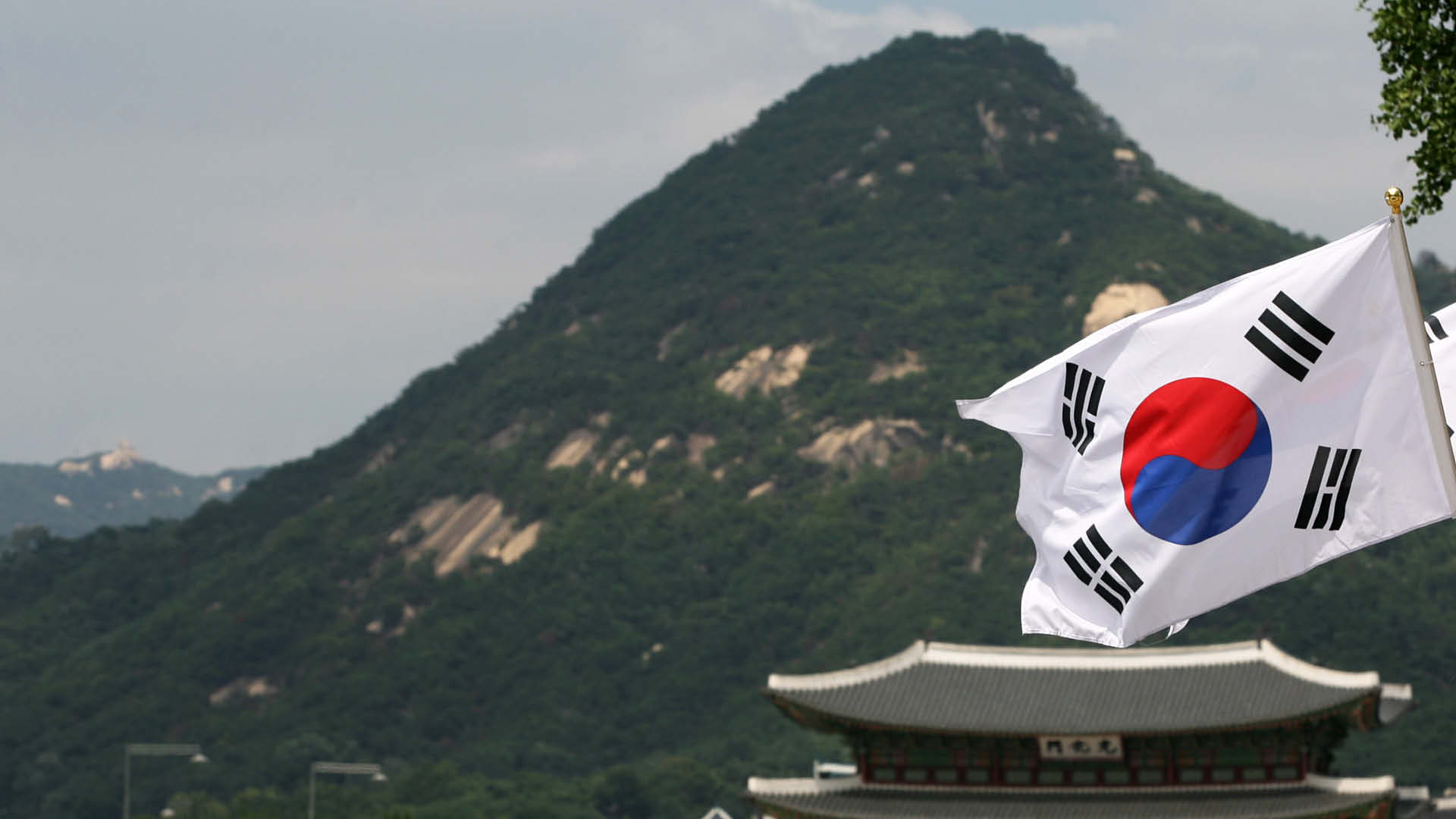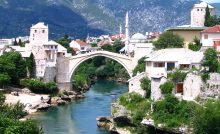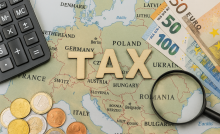

As the EU assesses its defence strategies amidst escalating geopolitical tensions, South Korea has emerged as a significant player in the Central and Eastern Europe (CEE) defence market.
Korea makes strategic defence exports to CEE
South Korea’s defence industry has gained notable traction in CEE, where countries are upping their military budgets and capabilities in response to heightened security threats, Korea expert Francesca Frassineti writes in a report for the Asan Institute for Policy Studies.
Poland secured major defence deals with South Korea in a 2022 agreement valued at USD 12.4bn (EUR 11.1bn), which included K239 Chunmoo missile launchers, K-2 tanks, and FA-50 aircraft, and was the Asian country’s largest ever arms export.
CEE nations such as Estonia, Lithuania, and Romania are following Poland’s lead, recognizing South Korea’s ability to deliver high-quality military equipment efficiently and cost-effectively. This growing interest in South Korean defence technology highlights the region’s shift away from traditional Western suppliers, driven by the urgent need for rapid and substantial military upgrades.
Europe draws lessons from Ukraine
The ongoing conflict in Ukraine has seen European countries face shortages and delays from traditional suppliers, and South Korean firms have stepped up to fill the gap. South Korea’s robust industrial capacity and its strategic approach to logistics and supply chain management is partly due to its own security concerns and defence requirements.
While South Korea’s entry into the CEE defence market has been largely successful, it faces challenges from established European defence powerhouses, as France and Germany have expressed concerns about South Korean competition in the sector. Nevertheless recent agreements with Germany and the UK will pave the way for deeper integration and collaboration in defence industrial projects.
South Korea’s role in CEE defence markets is poised to expand, but to grow its market presence, it must navigate the complexities of European defense policies and competition. The Asian country’s ability to deliver high-quality defence solutions positions it as a key player in the evolving defence landscape of CEE, Frassineti adds.
Recent Posts
Bosnia’s EU accession requires pro-EU coalition – high representative
The EU can formally begin accession negotiations with Bosnia and Herzegovina (BiH) when a stable…
Estonia climbs to second in global press freedom rankings, Czechia makes top ten
Estonia has surged to second place in the 2025 World Press Freedom Index, its best-ever…
Czechia delinks from Russian oil after 60 years
Czechia has halted imports of Russian crude oil delivered via the Druzhba pipelinefor the first…
Far-right Simion wins first round of Romania’s presidential rerun, to face Bucharest mayor in runoff vote
Far-right leader George Simion surged to a clear lead in the first round of Romania’s…
Lowest OECD tax burdens in Slovakia, Poland
Workers in Central and Eastern Europe (CEE) enjoy some of the lowest personal income tax…
Baltic states ramp up air, missile defences
The Baltic states are stepping up their air, missile and drone defence capabilities, as Estonia,…


